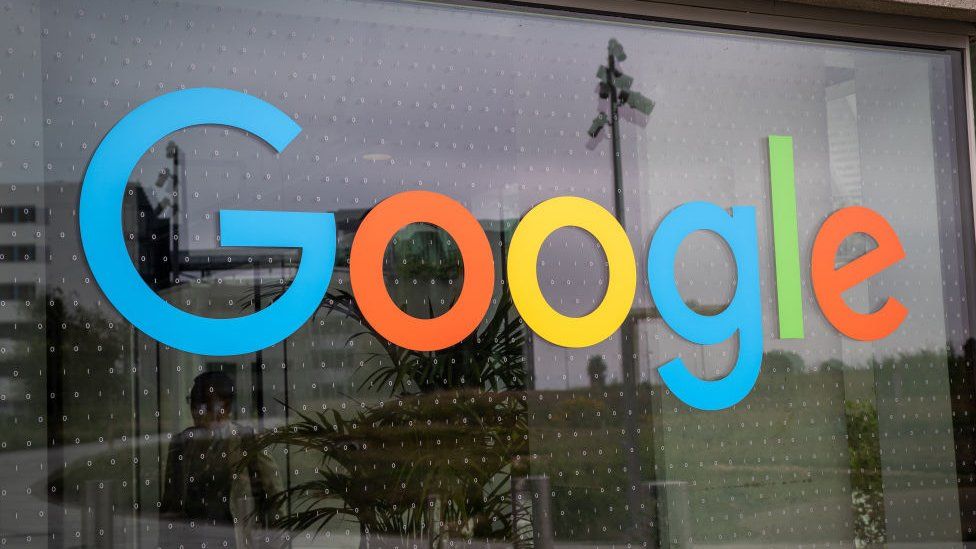
Google Resumes Manifest V2 Deprecation Plan, Spells End for Extensions by Mid-2024 In a significant development, Google has revived its plan to deprecate Manifest V2 extensions, signaling the eventual end of support for these extensions by mid-2024. This move follows major alterations introduced with Manifest V3, which imposed restrictions on certain types of extensions, particularly impacting content blockers like uBlock Origin.
Revived Deprecation: Manifest V2’s Sunset on the Horizon
Google’s decision to resume the deprecation plan for Manifest V2 extensions indicates a strategic shift in the company’s approach to browser extensions. With a targeted timeline set for mid-2024, users and developers relying on Manifest V2 are urged to prepare for the impending changes that will render these extensions obsolete.
Impact on Content Blockers: uBlock Origin Among the Affected
The modifications introduced with Manifest V3 have had a notable impact on content blockers, with uBlock Origin standing out as one of the affected extensions. As Google transitions away from Manifest V2, users accustomed to the functionalities of uBlock Origin and similar extensions may experience disruptions in their browsing experiences.
Navigating Manifest V3: Addressing Limitations and Changes
Manifest V3, the successor to Manifest V2, brought about significant changes in how browser extensions operate. While these changes aim to enhance security and streamline performance, they also impose restrictions on certain features that were prevalent in Manifest V2. Content blockers, in particular, faced challenges in adapting to the new framework, prompting concerns among users who rely on these extensions for a customized browsing experience.
User Considerations: Preparing for the Transition
As Google progresses toward the deprecation of Manifest V2, users are advised to stay informed about the changes and explore alternative extensions that align with the evolving browser landscape. Developers, too, are encouraged to update their extensions to comply with Manifest V3 specifications to ensure continued compatibility and functionality.
Conclusion: Navigating the Evolution of Browser Extensions
The decision by Google to resume the deprecation plan for Manifest V2 extensions underscores the dynamic nature of the browser ecosystem. While the changes are aimed at improving security and performance, they inevitably pose challenges for certain extensions, impacting users who have integrated these tools into their browsing routines. As the transition unfolds, both users and developers must adapt to the evolving extension framework, exploring alternatives and ensuring a seamless browsing experience in the post-Manifest V2 era.

